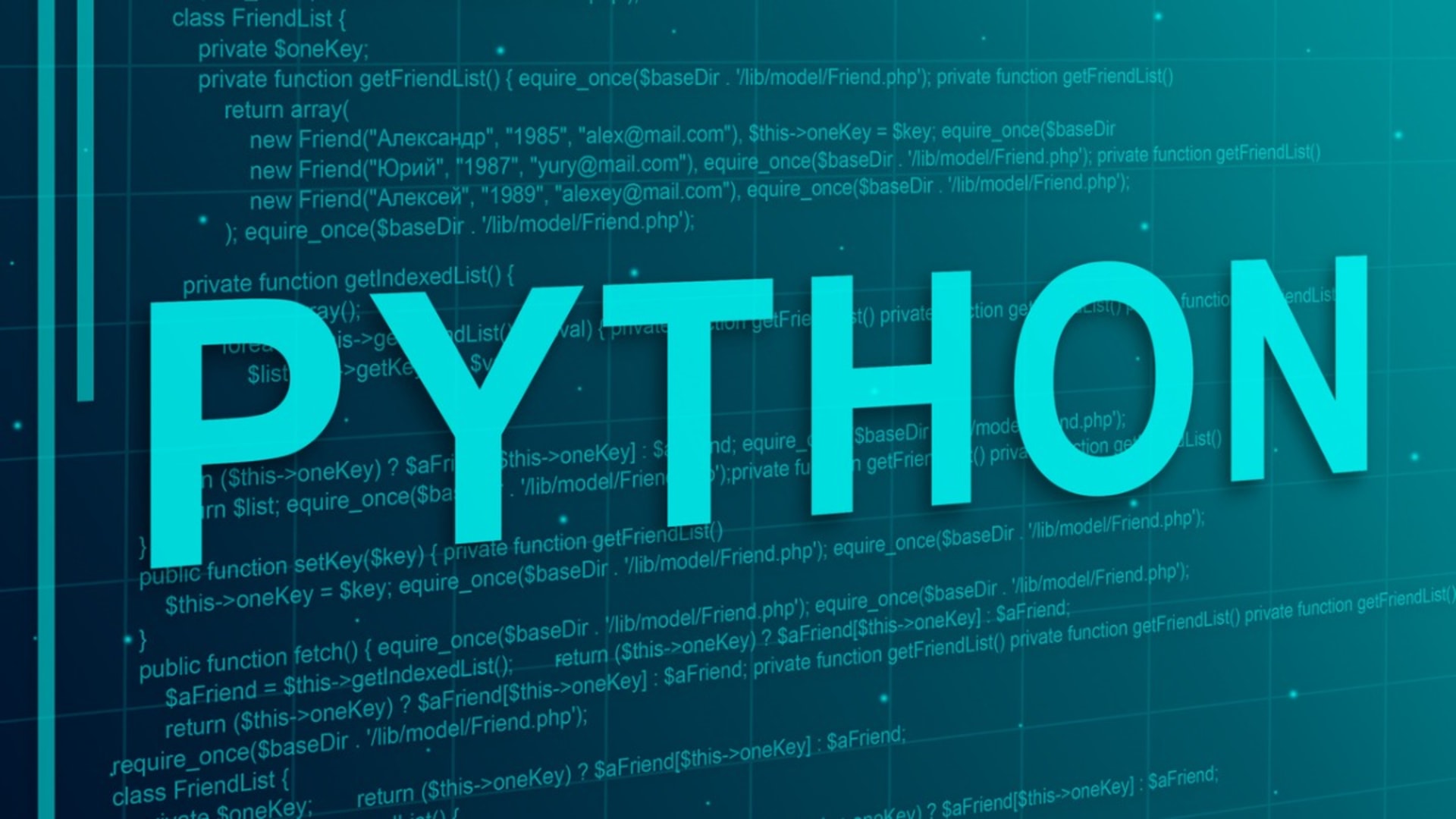While AI now assists human developers at every level of the development process, software development as we know it is about to undergo a significant change. Artificial intelligence is revolutionizing the way developers operate, resulting in substantial increases in productivity, work quality, and speed. Everything from project planning and estimation to quality testing and user experience benefits from AI algorithms.
According to a new Deloitte analysis, AI-enhanced software development has the ability to enable the average developer to boost their productivity 10x more than they do on their own. It’s safe to say that AI offers truly transformative options for software development. AI is steadily improving and assisting in discovering a new paradigm for technology development for everything from coding to deployment.
AI is already supporting developers in optimizing software workflow at every level of the development process, and algorithm-based machine learning is accelerating the software development lifecycle. However, what happens when businesses and team leaders start using it to monitor their employees?
Using AI to Monitor Development Productivity
The position of the software developer is already changing, and it will probably look vastly different come the next decade. It’s important to remember, though, that technology is unlikely to replace developers.
Software developers are more likely to do a diverse set of jobs and gain abilities that enable them to work effectively with AI on the job. AI has the potential to automate repetitive, easy operations (an area in which AI already excels), allowing developers to focus on more sophisticated problem-solving tasks. Rather than replacing the software development process, this combination will augment and improve it.
It’s also worth mentioning that AI will definitely allow teams to identify gaps in existing technology and alert companies when they require new software. This will also bring up the need to hire even more developers in the future, implying that AI and software development will most likely coexist.
Business owners will have the ability to look into the productivity of their developers at a team and individual level as well to determine where weak links are and what they can do to improve dev time. While some team members may feel a bit micromanaged with new productivity processes, it’s worth taking a look at AI for this purpose.
How Valuable is AI in Development Productivity Monitoring?
Artificial Intelligence refers to computer systems that have the ability to complete tasks that would normally need human intelligence and decision-making. These tasks include more “human” aspects of jobs, such as reasoning, perception, and generalization. The computer should be able to sense its surroundings and act on what it discovers.
Artificial intelligence algorithms help with project planning, automated QA (quality assurance), and user experience. According to a recent study, AI-enhanced software development increased a developer’s productivity by tenfold. Below are just some of the ways AI helps automate various tasks in the software development productivity and deployment processes.
Improvements in Development Speed and Scale
Key indicators of software delivery success help predict how DevOps will grow after AI is fully integrated. Time-based key performance indicators include deployment frequency, lead time for changes, and time to restore service. Machine learning and deep learning may also speed up a variety of processes, including software testing. Instead of manually testing by quality assurance analysts, AI runs tests automatically. This saves time while also ensuring that you explore additional ideas.
Because manual quality assurance has a significant probability of error, AI is crucial to the quality assurance process. AI allows a computer to perform quick and accurate testing, lowering failure rates and speeding up the development process.
Software developers must employ AI to optimize processes, reduce waste, and delegate repetitive manual jobs to a machine that can complete them faster and better. A hyper-automation platform powered by machine learning also automatically checks deployments, saving even more time. AI also assists with coding, improving speed and accuracy.
More Accurate Estimates
Unfortunately, software devs have an unfavorable reputation for their inability to accurately estimate time and costs. AI trained on past project data helps teams provide precise estimates, allowing them to predict the time, effort, and budget needed. A meaningful forecast necessitates information and an understanding of context, both of which AI helps with.
It’s difficult to foresee the barriers people will face along the way and how much they’ll push back deadlines without AI. This data assists companies in deciding which projects to accept and which to reject. Customer retention improves and the firm benefits when appropriately notifying clients about software delivery.
Using AI to Monitor Development Productivity: The Verdict
It’s very clear that it’s very useful for dev teams and project leaders to use AI to monitor development productivity. As manual quality assurance has a significant probability of error, AI is essential to the quality assurance process. This technology also allows a computer to perform quick and accurate testing, lowering the rate of failure and speeding up the development process.
Software developers must use AI to streamline processes, reduce waste, and delegate repetitive manual tasks to a computer that completes them more quickly and effectively. In addition to saving time, a hyper-automation platform powered by machine learning automatically checks deployments. It can also assist with coding, allowing for greater speed and accuracy.
Dev teams and company owners will soon recognize how indispensable artificial intelligence (AI) really is to all business applications in modern software organizations, and developers will improve the software development process by implementing it in as many areas as feasible.
Software engineers will also feel the need for AI instead of adding it as a maybe to their next projects.
AI already grabbed center stage like never before, and it shows no signs of relinquishing control anytime soon. Whether it’s AI-assisted office phone system automation, an AI-powered chatbot, or AI making judgments, developers will soon find themselves unable to function without it. Businesses and companies of all sizes must be aware of new technology and adopt it as quickly as feasible to stay ahead of the competition.
If you enjoyed this article, check out one of our other AI articles.





